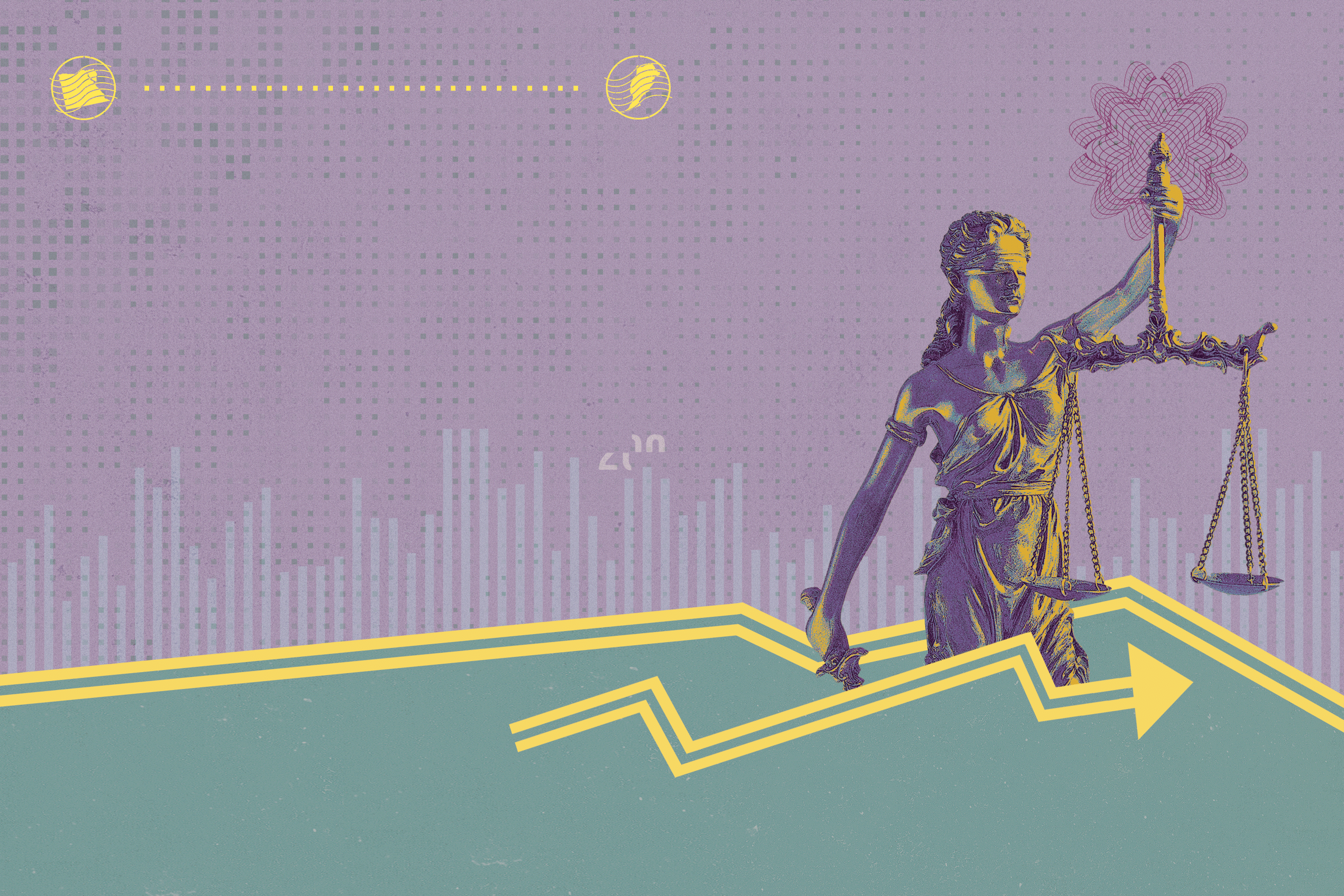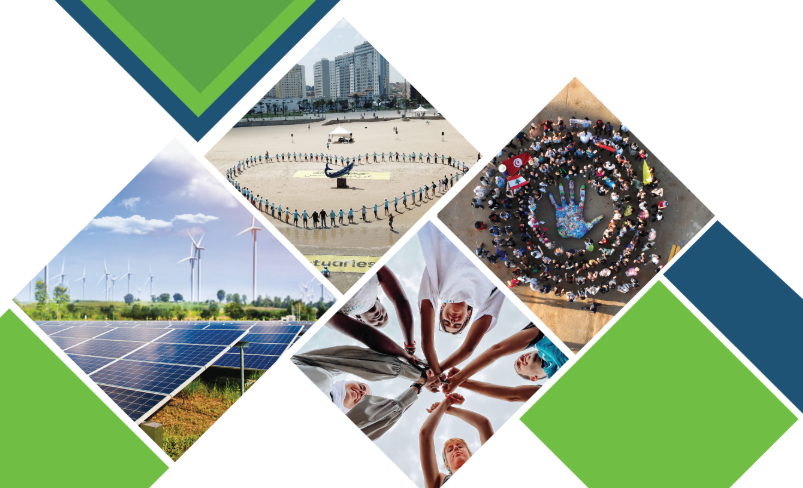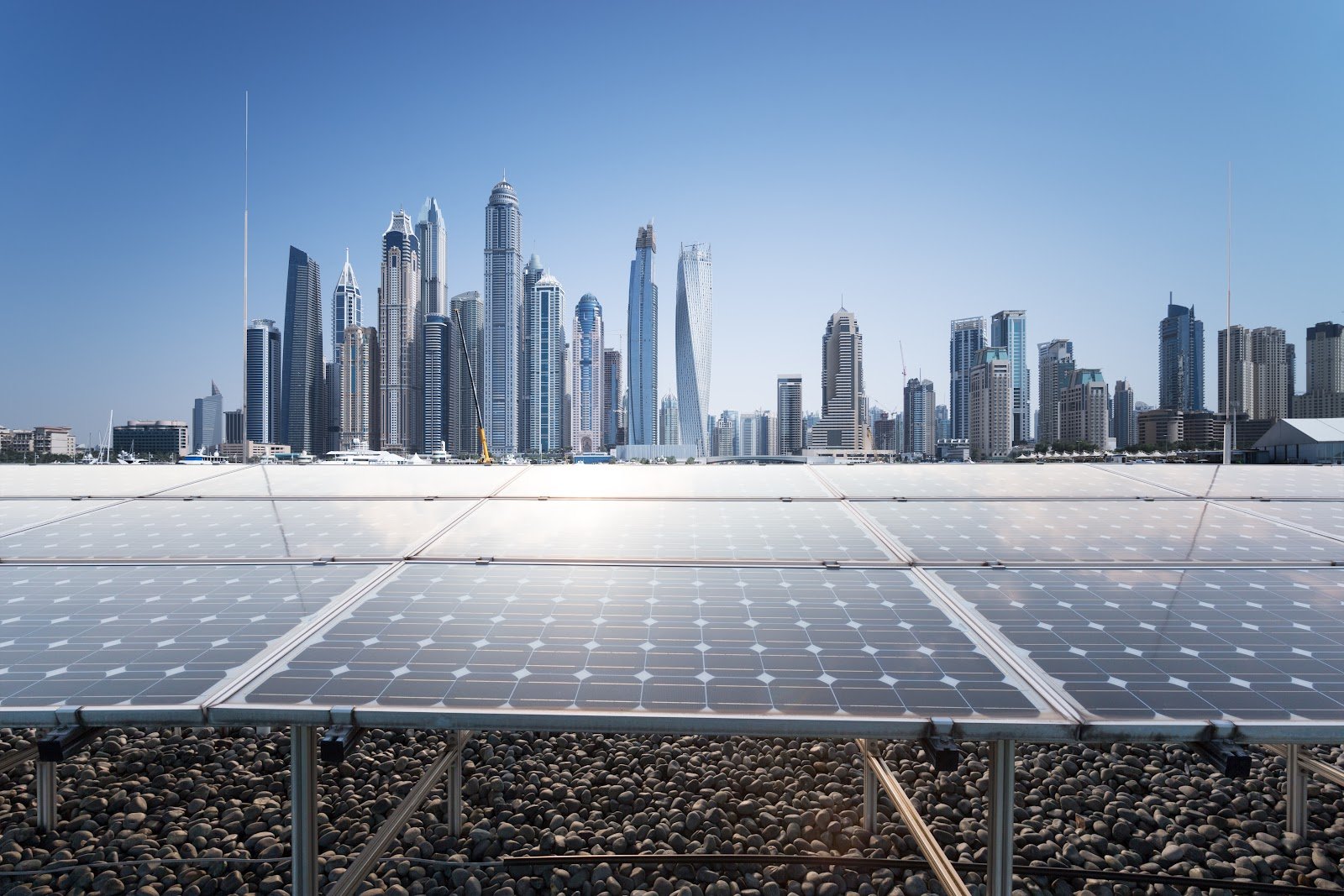Ibn Khaldun considers that urbanization is “how a country ages and improves its situation with the mediation of agriculture, industry, trade, its large population of citizens and the success of business and urbanization”. Today, it seems to be limited to the development of construction and urbanization. With the domination of the capitalist system, urbanized areas prevail and are integrated in the global economy while rural communities become marginalized. In fact, this urban phenomenon not only affects current populations but also future generations. This chapter presents the issue of the southern coast of Tunisia, a so-called “Paradise” that has become a victim of the economic trend of lack of infrastructure, population inflation and pressure of industrial activities. The second case study takes us to Egypt, specifically to the city of New Alamein, an area totally dependent on consumerism and a surplus in production which negatively affects the environment and society. Finally, the third study looks at Lebanon’s civil organization sector, which is a fundamental pillar of the national vision of economic development and is rooted in corruption, making citizens and land hostage to the cement sector
Related Posts
-

Greenpeace warns in a report: European investments in energy and agriculture may worsen environmental and social harm in the Middle East and North Africa
European investments in energy and agriculture in the region may worsen environmental and social harm. Thus reveals a new report by Greenpeace MENA and the MENAFem Movement for Economic, Development, and Ecological Justice.
-

Greenpeace MENA’s Impact Report (2021-2023): Achievements and Milestones
Guided by our vision to safeguard the diversity and richness of our region’s natural treasures, the past three years have been a testament to determination and progress, marked by significant achievements and defining milestones for Greenpeace Middle East and North Africa.
-

Greenpeace MENA’s 2024/2025 UAE Wellbeing Economy Award
Greenpeace MENA and Ajman University are excited to announce the call for submissions for the “Wellbeing Economy Award” — 2024/2025. This Award is launched in partnership with Greenpeace MENA, Ajman University and the UAE Universities Climate Network (UCN). We collectively invite researchers, academics, professionals, and young visionaries to contribute innovative, ongoing or published research papers…
